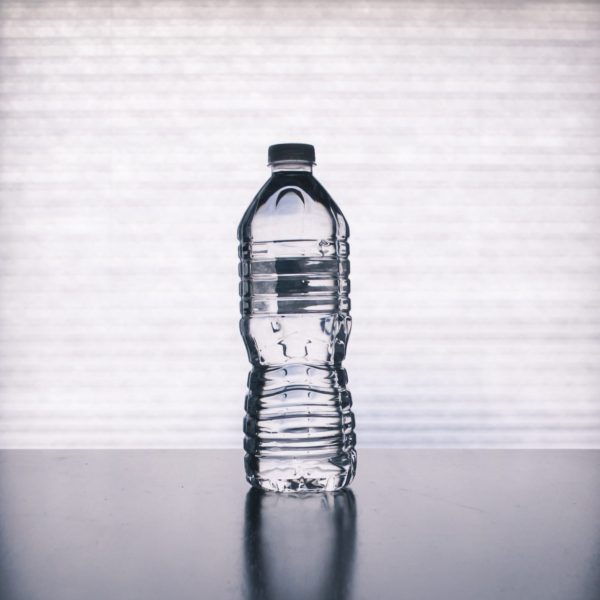BPA is bisphenol A, the chemical that makes plastic hard and clear. BPA is used in many consumer products; reusable water bottles, epoxy resins that form a protective lining inside metal food and beverage cans and plastic wraps. Research suggests that there is a connection between the increased rates of unexplained infertility and the use of plastics in our environment.
This video was shared live. Download the Instagram App to watch our live broadcasts!
The USDA conducted a study some time back that reported BPA was safe, but further research has since been done and months later they took back the statement about its safety. Several studies has since shown that BPA:
- has an effect on female and male fertility
- Impacts the growth of unborn fetuses and growing children
- inhibits an embryo’s ability to attach and implant in the uterine lining
- can keep cells from dividing properly, which can inhibit pregnancy, cause birth defects and developmental problems in children as they develop and grow
- can have a direct effect on IVF success rates
- impact the quality of the eggs and the amount of eggs that were able to be retrieved during IVF
Here is what you can do about it:
1. Stop drinking bottled water. Avoid the clear crinkly water bottles and get a reusable water bottle that is not lined with plastic.
2. Avoid plastics made with BPA. Below are specifics from the Green Guide about plastics to avoid…
- Plastic #3 (TVP): Found in plastic wrap and food containers. You can see these numbers on the bottom of containers.
- PVC: This is what shower curtains are made of. You’re in a hot, steamy environment and the heat causes the chemicals to leach out. Choose a natural fiber, polyester or nylon shower curtain instead.
- Plastic #6: Found in styrofoam (takeout containers, coffee cups, egg cartons, etc.).
- Plastic #7: Found in sports bottles and baby bottles.
Always avoid heating frozen meals and leftover food in plastic trays, baggies, etc. Alternatives to use: glass, Pyrex, ceramic, food-safe metal or stainless steel storage containers are great (although do not heat metal in a microwave if you use one).
If you need to use plastic, look for #1, #2, #4 and #5 all of which have lower potential health risks, but still do not heat food in them. Plastic #5 is a harder plastic and does not leach chemicals as easily.
3. Eat an organic diet. Pesticides and herbicides are created from petrolium and have an effect on egg and sperm health. One place to start is to do a search for the “Dirty Dozen” and choose these foods organic. The “Clean 15” do not have to be purchased organic.
4. Support the liver. Help the body detoxify and metabolize excess estrogen, and cleanse the blood. Eat a wide variety of colors in your Natural Fertility Diet that contains a lot of fiber, green leafy vegetables, green juices and Fertility Smoothies is the #1 ways to do this. Try adding a celery stalk to your Fertility Smoothie or a Fertility Cleanse too!
5. Protect egg and sperm health. This is easily done by eating a colorful Fertility Diet or supplementing with Fertilica Choice Antioxidants, which is an antioxidant formula specific for fertility.
6. Choose Natural body/skin care products. Conventional brands have a variety of plastics and petroleum in their ingredients lists. Just a few natural brands I like are Red Apple Lipstick, 100% Pure and Acure.
For even more information on this topic and environmental toxins, our guides below will help.
Are Everyday Plastics Causing Infertility?
Study: Increased BPA Exposure Linked To Reduced Egg Quality In Women
Environmental Toxins to Avoid for Healthy Fertility





